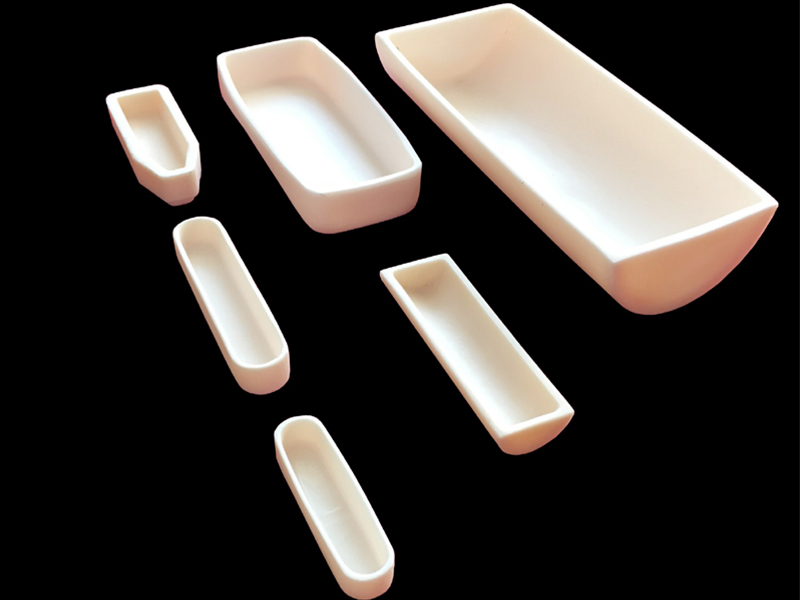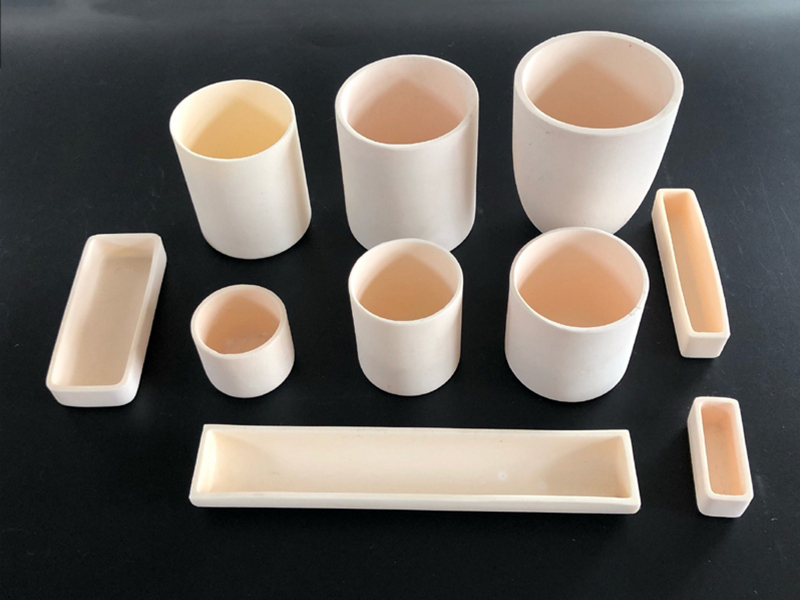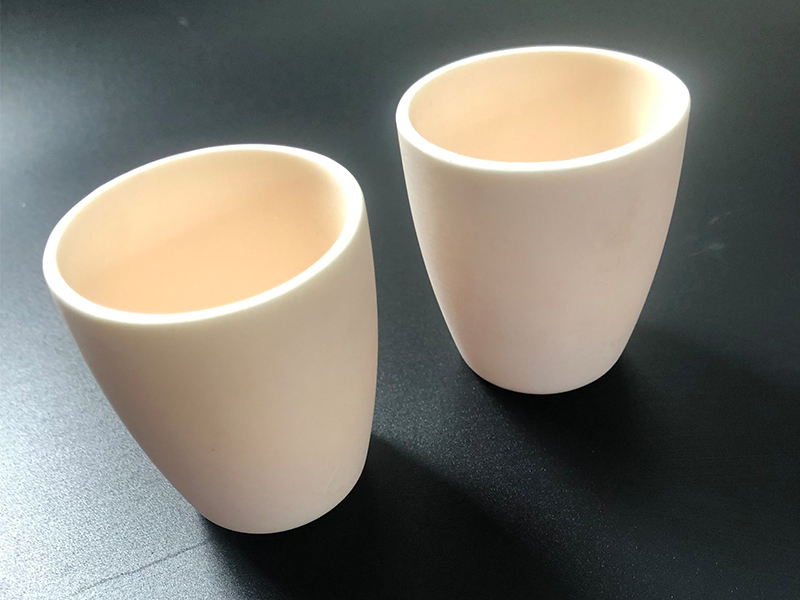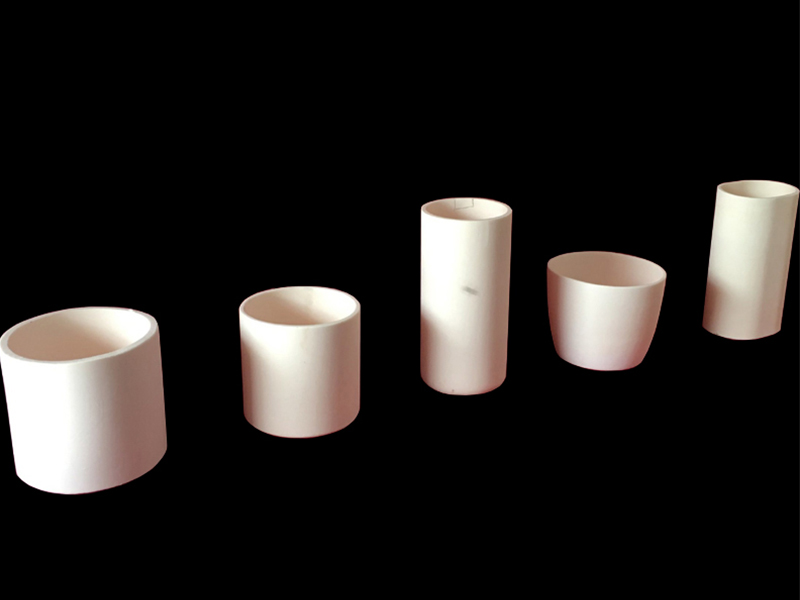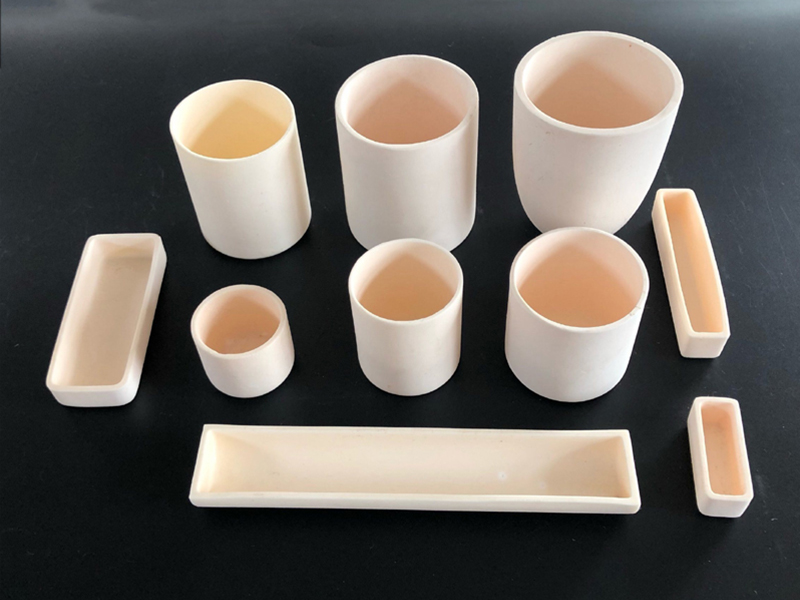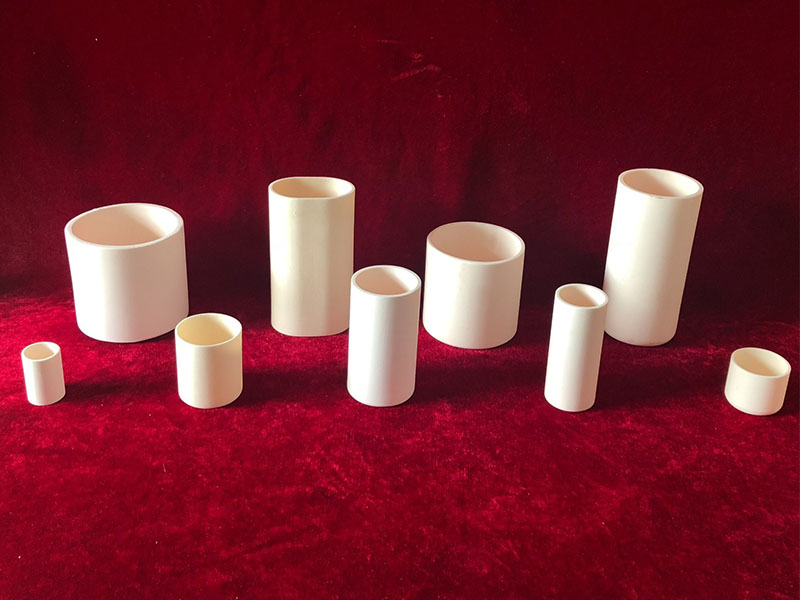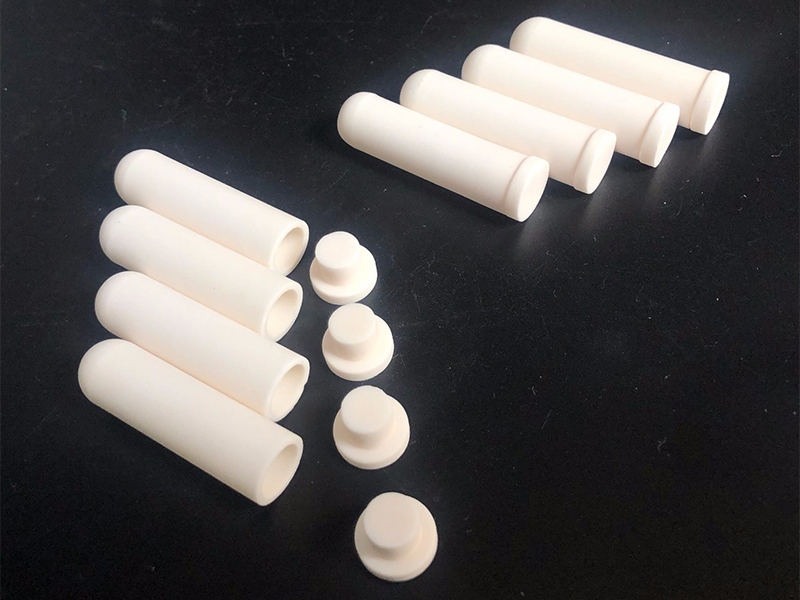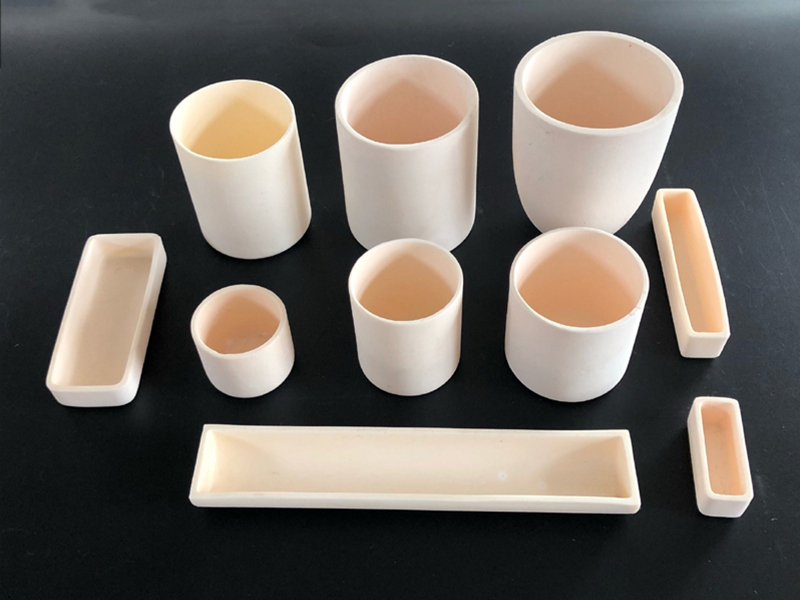1. High temperature resistance:1600℃ in long use,1800℃ in short use. This makes it an ideal solution for various thermal processing applications.
2. Excellent thermal shock resistance: Alumina crucibles boat have excellent thermal shock resistance, which means they can withstand rapid changes in temperature without cracking or breaking.
3. Non-reactive: Alumina crucibles boat are non-reactive, which means they won't react with the substances being heated, melted or cast inside them, ensuring the purity of the final product.
4. Corrosion and Chemical Resistance: The ceramic material used in the alumina crucible boat exhibits excellent chemical resistance and resistance to corrosion. As a result, it can handle harsh chemicals and acids that might otherwise damage other materials.
5. Minimal Thermal Expansion: The alumina crucible boat has minimal thermal expansion, which means that it will maintain its shape and size at high temperatures, avoiding any potential risks of.
Send Email
More
Menu
- Home
- Products
- Alumina Ceramic Tube
- Alumina Ceramic Crucible
- Alumina Rectangular Trays
- Alumina Ceramic Rods
- Alumina Ceramic Plate
- Alumina Ceramic Beads
- Alumina Ceramic Parts
- News
- Company News
- Case
- Factory Show
- Factory Scale
- New factory construction
- Contact Us
- About Us
- Company Style
- Certificate
- Exhibition
- FAQ
- Service
- Delivery
- Responsibility
Search


